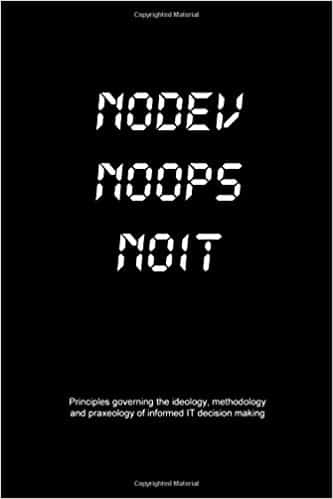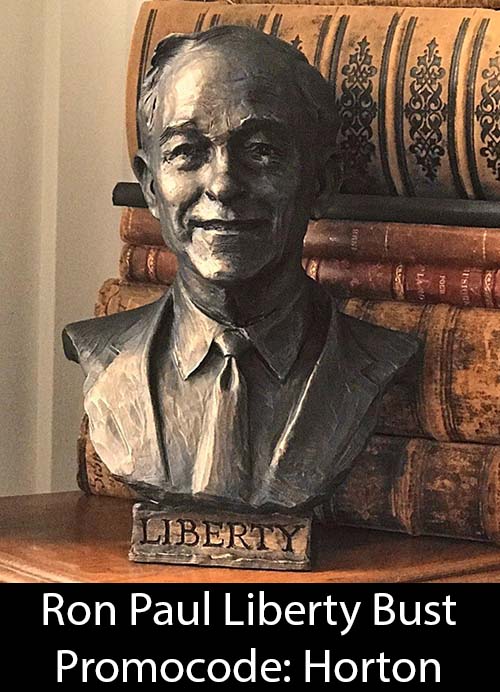By Scott Horton Antiwar.com March 09, 2005
What if the government arrested you on terrorism charges? What if your lawyer was afraid to zealously defend you (as required by the Model Rules)? What if your lawyer was so afraid, he wouldn’t even tell you that he wasn’t able to zealously defend you? This is the direction American criminal law is taking, according to defense attorney and civil rights activist Elaine Cassel, author of The War on Civil Liberties: How Bush and Ashcroft Have Dismantled the Bill of Rights, and my radio show guest on Feb. 26. [stream] [download]
Last month, a jury convicted Lynn Stewart, the lawyer for terrorist Omar Abdel Rahman, of five counts of ‘defrauding the government, conspiracy, and providing support for terrorism.’ Rahman has been in prison since 1996 for involvement in the plot to destroy New York City landmarks. To read Elaine’s articles about the Stewart case, click here and here.
According to the U.S. government, she ‘conspired’ to deliver a message to Reuters and she talked loudly about nothing while her client talked with the paralegal. She faces up to 30 years in prison. Stewart’s translator and paralegal are in deep trouble too. What’s so bad about the message to Reuters? Interestingly, Reuters’ article about her conviction last month avoids mentioning their own role in the ‘criminal conspiracy’ to deliver a message to terrorists until the very last paragraph, but eventually explains:
‘Evidence included a call Stewart made in 2000 to a Reuters correspondent in Egypt in which she read a statement issued by the cleric saying he had withdrawn his support for the Islamic Group’s cease-fire in Egypt. The group had observed the cease-fire since a 1997 attack on tourists in Luxor.’
Funny thing is, the Islamic Group didn’t do anything as a result of this statement. The cease-fire held. So she really didn’t break the law, since the law says that the government must respect her right to say whatever she wants. As long as you’re checking the Bill of Rights, take a look at the Fifth and Sixth Amendments as well. You’ll see that the federal government is also forbidden from depriving ‘any person’ of their rights without due process and counsel to defend them. The Bill of Rights doesn’t say ‘Americans,’ or ‘citizens,’ it says ‘people,’ ‘owner,’ ‘the accused’ — anyone.
Which bring us to Stewart’s other crime, talking out loud. See, in order to meet with Rahman, the government made her sign a Special Administrative Measures (SAM) document, which included changes made by John Ashcroft to Bureau of Prisons rules after 9/11. It applied all sorts of restrictions on what she could say on behalf of her client, and allowed the government to eavesdrop on her conversations with Rahman — something she was not allowed to tell him. So, according to the jury, she violated the SAM by talking loudly while her client was talking to someone else so the cops couldn’t eavesdrop. Stewart’s violation of the SAM is also the basis for the fraud charges.
The fact that this case ever got past the first preliminary hearing ought to be shocking to all Americans. How are lawyers supposed to represent clients if they can’t talk to them in private? According to Ms. Cassel, this conviction could lead to a chilling new reality for lawyers in ‘terrorism cases’ from now on — assuming, that is, that prosecutors don’t just turn suspects over to the military because they don’t have a case at all. In referring to the Special Administrative Measures, Cassel has written:
‘[I]t is certainly possible Stewart should not have spoken when she did, given the agreement she signed. But that agreement itself may be unconstitutional as a violation of both the First Amendment and the Sixth Amendment right to counsel.
‘Moreover, the violation may have been inadvertent; even if it was not, there are many sanctions that can be imposed upon a lawyer short of a criminal charge — from disqualification, to disbarment before the relevant court, to money sanctions, and so on. That the government is trying to put Stewart in jail for her remark is, given the alternatives, alarming.
‘In light of the new regulation, a lawyer may also worry that he or she will be forced to do the unthinkable: testify against a client and disclose the content of their communications — with the only alternative being the attorney’s own prosecution for contempt of court. Again, the conflict of interest is clear. No one wants his lawyer to also be his or her potential co-defendant — for one co-defendant will often cooperate with the government against another.
‘A lawyer familiar with the Stewart case may also worry about exposing other clients to risk. FBI agents seized files and computer disks from Stewart’s office that related to clients other than Rahman.
‘Asking a lawyer to represent a client under all these circumstances is like asking a surgeon to only do surgery one-handed and risk jail time if she uses the other hand. The surgeon may reasonably refuse to do it at all, feeling that she would be betraying her profession if she provided substandard care.’
She also pointed out in the interview that the federal ability to eavesdrop on conversations between lawyers and defendants is in no way limited to terrorism cases. Even the judge from Fox News is worried!
Such is the policy of our government when it comes to post-9/11 ‘terrorism cases.’ The PATRIOT Act definition of terrorism is so vague as to be meaningless, and so far, the Justice Department is more likely to mess it up than get it right. They have used the PATRIOT Act in many cases that have nothing to do with terrorism. They did use it to convict the ‘sleeper cell’ in Detroit, but the judge had to release them because an FBI agent committed felony perjury in order to obtain the conviction (no word yet if the federal prosecutors are going to use the PATRIOT Act to charge the FBI with obstructing the great case they probably had). There are also the convictions of the truly terrifying paintball terrorists who, as Elaine Cassel shows again, are innocent men. When they do arrest someone important like Khalid-Sheik Mohammed, they torture him in Jordan. Innocent Afghan goat-herders are sent to Guantanamo.
George W. ‘to the extent appropriate and consistent with military necessity‘ Bush warns of more attacks to come. In order to ‘protect us,’ he has appointed Alberto ‘rendering Geneva quaint and obsolete‘ Gonzales the new attorney general, Michael ‘round ‘em up and ask questions later‘ Chertoff the new director of Homeland Security, and John ‘I have no idea what death squads you’re talking about‘ Negroponte the new national ‘intelligence‘ director. None of these appointments bode well for what is left of the rule of law in this country.
Won’t the American people demand an end to this madness?
According to Editor and Publisher,
‘A recent Gallup poll asked Americans whether they would be willing or not willing ‘to have the U.S. government do each of the following’ and then listed an array of options.
‘For example, ‘assassinate known terrorists’ drew the support of 65% of all adults. ‘Torture known terrorists if they know details about future terrorist attacks in the U.S.’ won the backing of 39%.’
‘If they know.’ So first get them to admit they know by asking nicely, then torture them for details? Perhaps this simply means torture them if you think they know? By the way, a quarter said it would be a good idea to use nuclear weapons against terrorists.
In the Lynn Stewart case, the judge thought it would be appropriate for the prosecution to show the jury a decade-old video of Osama bin Laden saying her client’s name. The U.S. and Britain — where the double-jeopardy ‘rule’ is about to be revoked — have recently been running around the world sticking rifles in people’s faces, telling them we’re bringing them Enlightenment ideals of individual liberty, the rule of law, self-government, free markets, and the rest of what most Americans and Britons see as their heritage. As we do so, the seeds of hatred that are sown and the enemies we reap are then used by our governments as an excuse to destroy the same legacy of liberty they claim to be exporting.
It happened in Stewart’s case, and it could happen in yours.















